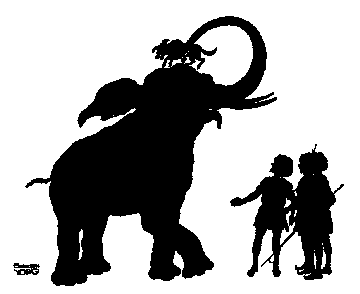The Giant Crab and Other Tales retold by W.H.D. Rouse
For my last week of reading, I want to finish off with...you guessed it! More children's' stories.
One of the stories I read was one I read before for a previous reading diary assignment. It tells of a crocodile wife who wants monkey's heart to eat so the husband tries to get it for her. In the first story I read, it was the son who wanted to get it for his mom. In the story, the crocodile's husband tries to trick the monkey into getting on its back to get delicious fruit on the other side of the river. After the crocodile gets the monkey on its back and the monkey realizes what is happening, he tells the crocodile that he left his heart in the tree. The crocodile falls for the trick and ends up taking the monkey back to safety! Even though I've read this story twice, it never fails to entertain me and show that the power of wit is a strong weapon indeed!
Another cute story was called the Mouse and the Farmer. In the story, the farmer always took care of the mouse and to repay his kindness, the rat brings the farmer a piece of treasure buried in his farm. From that gold, the farmer buys food and gives some to the rat. This continues day after day until the rat gets nice and fat, noticed by the farmer's cat. As the cat is about to eat the rat, the rat makes a deal that he will give the cat all the food the farmer gives him. The rat gets skinnier, noticed by the farmer, who then gives him a "glass home" to protect himself. When the cat comes by and demands food, the rat rejects him, which results in the cat eating the rat, glass and all. I laughed in the part of the story where it said cats can digest pretty much anything...just not glass. So the cat ends up dying and the rat escapes. The story ends with the rat and farmer continuing on with their friendship of generosity and kindness! Such a cute story!
The unlikely friendship (Image Source).
The last of the stories that I really enjoyed was called The Monkeys and the Gardner. A master's gardner was needing to go away for a bit but needed someone to tend to the garden. He then asks monkeys in the trees to water the plants while he was gone. They agree and end up taking the plants out from the ground, because they thought they could measure the water the plants needed according to their roots' length. The gardener comes back to see his plants drooping and scolds the monkeys, calling them fools. The master then says the gardner is the fool, leaving monkeys to take care of a garden. This story was so funny!! The last line by the master was the highlight of the story!



















